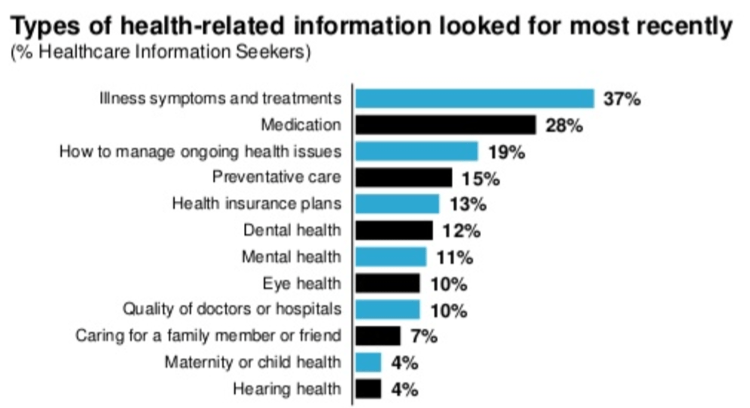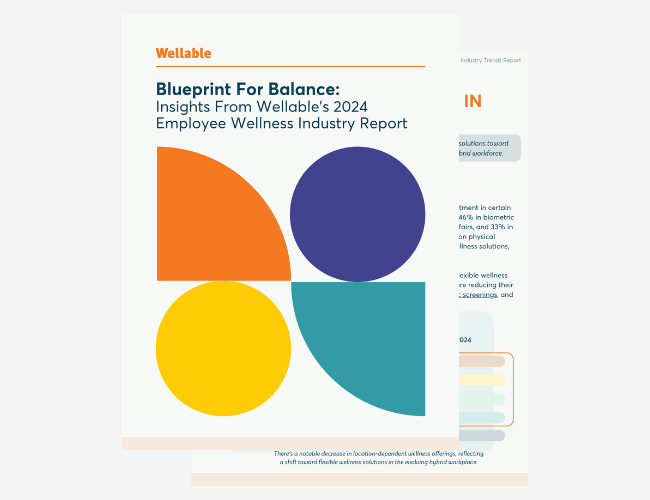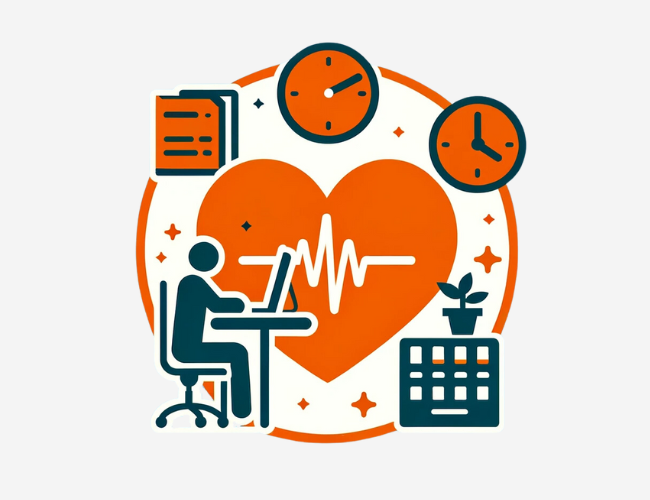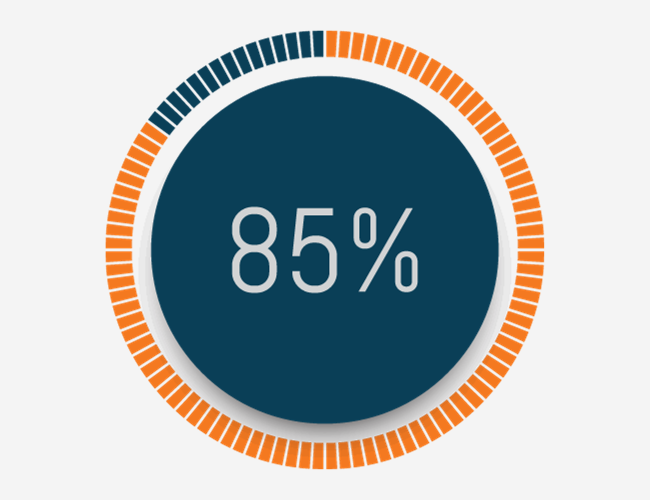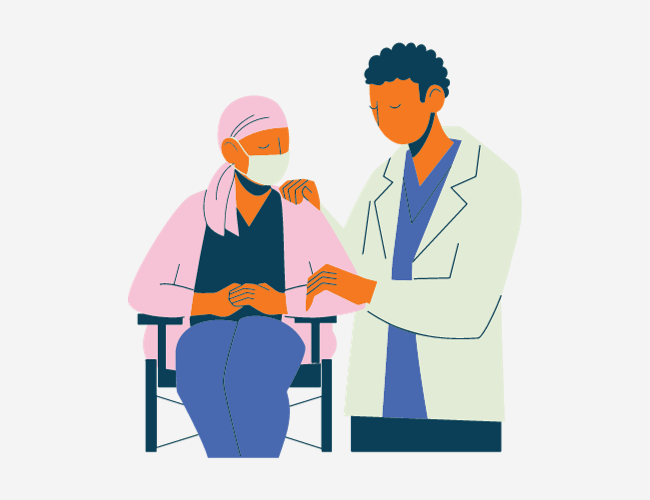The good part of the internet is that it provides access to all sorts of information. The bad part of the internet is that it provides access to all sorts of information. The latter statement could be considered an informal finding of Weber Shandwick and KRC Research’s recent study, the Great American Search for Healthcare Information, as it relates the health information online. The report found a sizable credibility gap between what healthcare information seekers find online and what they trust.
Specifically, 52% health information seekers are concerned about false or misleading information online and 47% are concerned that the health-related information they find is just trying to sell them something. This may be partially driven by consumer medical companies actually trying to use content as a monetization strategy as well as the sheer amount of information online.
Since most individuals have limited medical knowledge, it is difficult for them to assess the accuracy and credibility of the information they find online. When exposed to an overwhelming amount of information comprised of conflicting articles, individuals begin to mistrust all information they find online. This is exacerbated by challenges in accessing professional help, whether it be cost or availability, which prevents individuals from identifying the truth.
It is also important to understand how individuals often obtain information online. This is usually through online search and social media. In regard to the former, the articles that rank the highest in a search query often have the best search engine optimization (SEO), which does not necessarily mean they are the most accurate or helpful. Google and other search engines do consider factors that should correlate to credibility, but that is not the primary consideration used in ranking. Social media mistrust is even higher than online searches in general with 83% of heath information seekers being concerned about incorrect or misleading medical information. This should come as no surprise since credibility or accuracy play no formal factor in why a post gets lots of likes and shares.
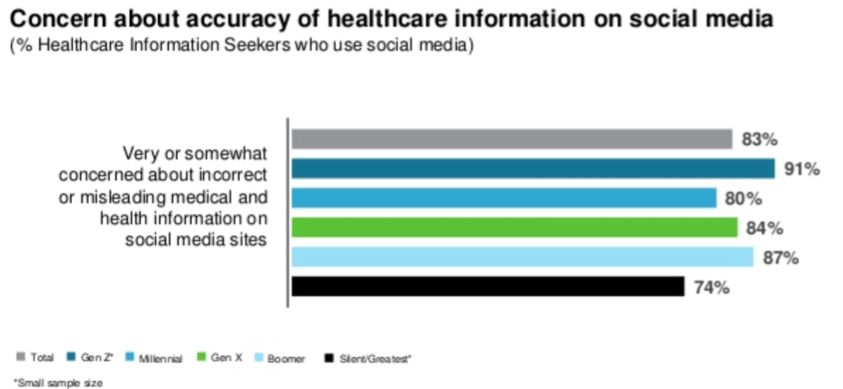
With the vast majority of people (81%) going online for healthcare information, employers should be concerned. This is why a cogent wellness strategy for helping employees find and access accurate health content is so important. On the surface, paying for a vetted source that provides employees with a library of health information via an online portal sounds like an easy fix to the issue. Employers often do this through a wellness vendor or through their health plan. However, access does not always equate to usage, which is why this traditional strategy does not work in isolation. When employees want to seek out information, they rely on popular search engines and do not want to sign in to a portal to use the search feature of the vendor an employer pays for. The barrier to use this tool, albeit low, is still much higher than simply opening a browser. Also, access to a library of content does not resolve the misinformation being spread via social media. This is why employers should incorporate pushing content in a consumer-friendly way to employees. This can be done easily through print content throughout an office or facility as well as email newsletters and even text messaging.
As employers implement successful strategies for distributing health content, it is important to understand what information health seekers are looking for online. Fortunately, the report provides insights on this as well. The two most common topics were illness symptoms and treatments and medication. The resources needed for these individuals are likely specific to the person. This makes the case for employers to expand their health content strategy beyond health information itself. It should also include information on where and how to find answers to specific questions as well as tools, such as telemedicine, that provide greater access to professional help.
